[…]
Grassification – D 1.4.1. Co-digestion of roadside grass with VeDoWS manure and pig slurry


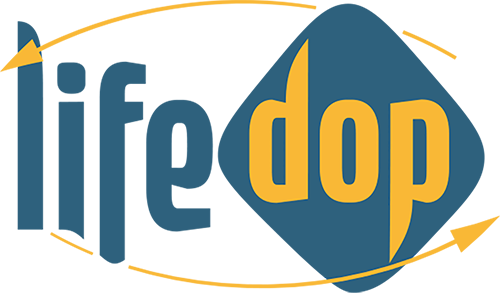
The LIFE DOP project (Demonstrative mOdel of circular economy Process in high quality dairy industry) is a EU project, located in Mantua district, in the middle of the cheese production chain, aiming to demonstrate a new production model for Grana Padano PDO (Protected Designation of Origin) and Parmigiano Reggiano PDO, able to reduce the environmental impacts of production. As literature clearly outlines, (Thoma et al., 2012, IPCC 2006) a relevant area of GHG emission in milk production is the management of slurry and of nutrients, and these are key areas in which is important to invest to reduce burdens. […]
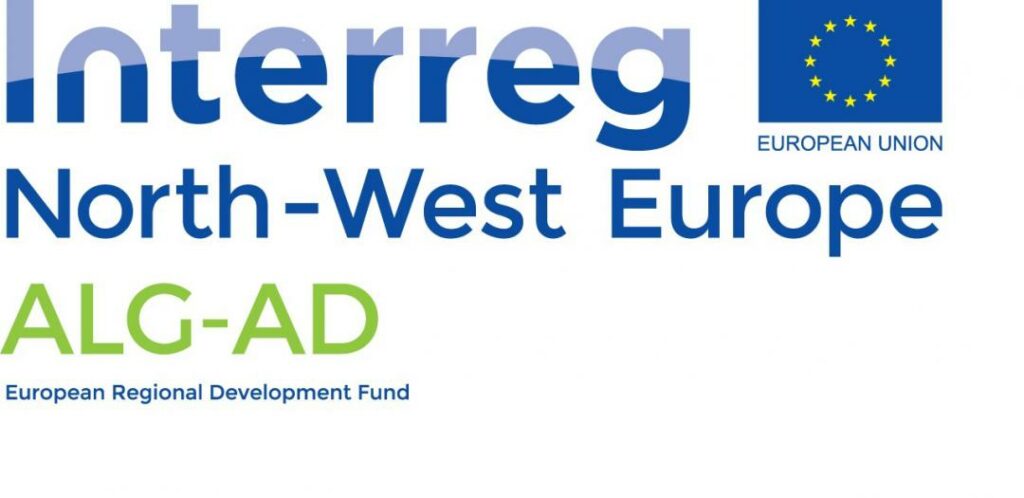
A Swansea University team has published a new article, detailing a novel approach to reuse food and farm waste at an industrial scale, using microalgae.
The paper explains the ways in which algae can be cultivated using excess nutrients, the optimum two-step approach used to maximise productivity, and how this biomass is optimally suited for use as an animal feed ingredient. […]
Read More… from Using waste nutrients to cultivate microalgae – Swansea team publishes new report
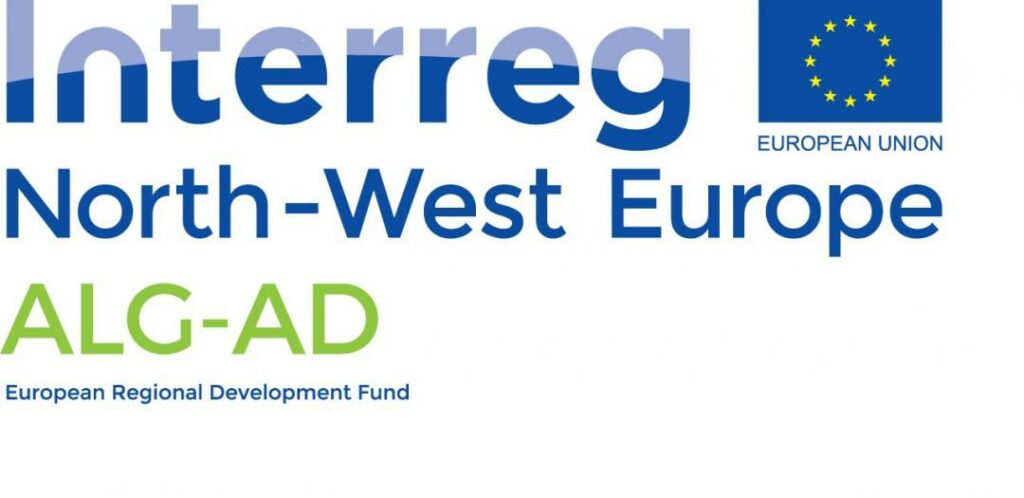
ALG-AD is exploring ways to develop a circular approach to microalgae cultivation, utilising the by products from the AD/biogas industry, to generate products of value for another.
The team have built three facilities which are already using the nutrients in digestate to cultivate microalgae.
So far, the ALG-AD team have focussed on production of biomass for use as an animal feed, however additional funding has been allocated to the team to expand on the work already done to also cultivate algae for use as a fish feed. […]
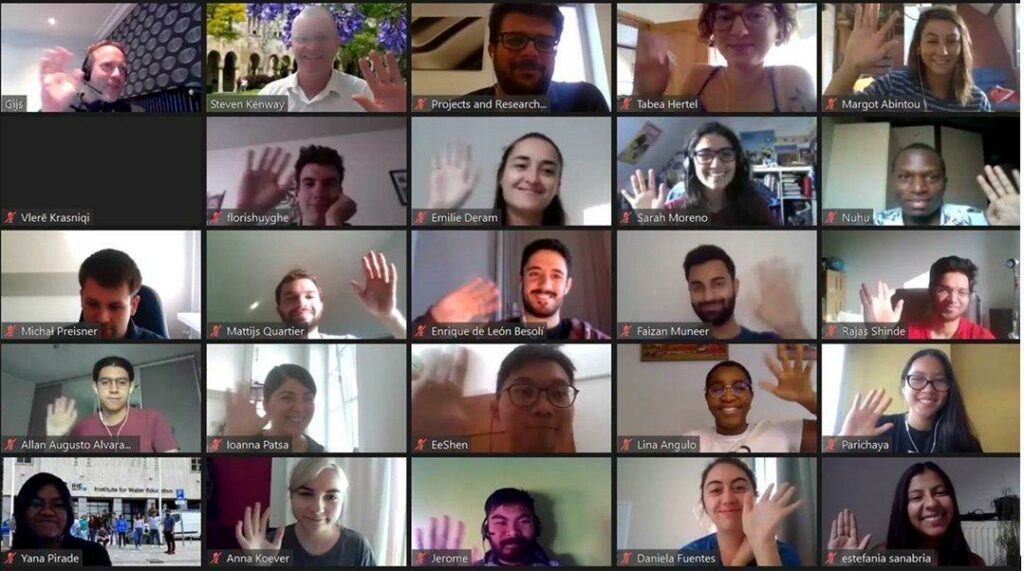
The summer school on Circular Cities is half-way now and running smoothly! A diverse group of students makes up the Circu City population of this 2020 edition: not only students from the SINReM Circular Societies track and IMETE students, but also a complementary set of external students. 55 students in total, 33 nationalities, calling in from 3 different time zones! […]
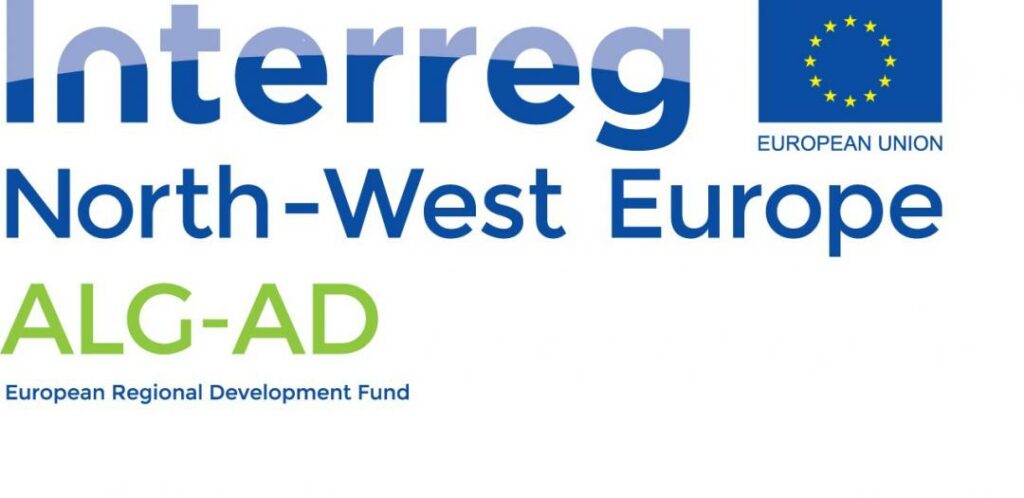
Swansea University research team (Fernandes, F et al, 2020) published the peer review scientific paper with the title: ‘Valorising nutrient-rich digestate: Dilution, settlement and membrane filtration processing for optimisation as a waste-based media for microalgal cultivation’.
This paper demonstrated the research related to the processing of Anaerobic digestate to be ready for a use as a nutrient source for the algal cultivation process in mass scale. […]
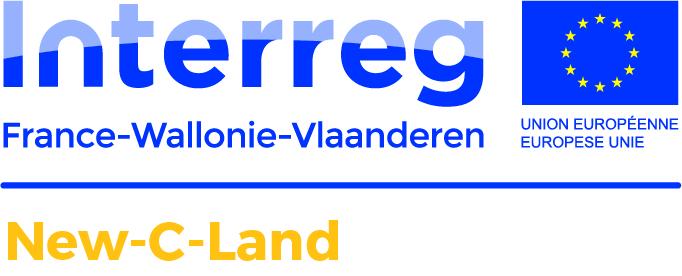
The Interreg New-C-Land project team created a map that identifies abandoned sites and end-users of biomass. This database now provides answers to users who wish to source plant crops and allows managers of neglected sites to derive benefits by valorizing them. […]
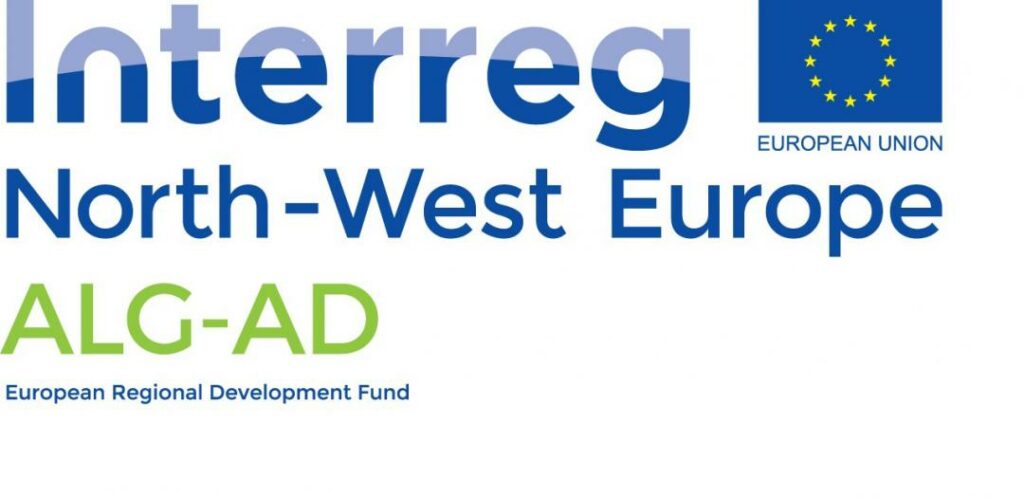
The Investment site 3 of Interreg NWE ALG-AD project is located within the premises of Innolab CVBA, Oostkamp, Belgium (about 90 km North-West of Brussels). The pilot facility is accommodated in a polycarbonate greenhouse and is comprised of a bag (paper) filtration unit for liquid fraction of digestate pre-treatment, a 2600-litre vertical reactor (VR) and a 600-litre horizontal bioreactor (HR) operated in batch mode. A mixed culture of Chlorella sp. and Desmodesmus sp. has been selected for the pilot-scale investigations after a pre-screening research from five different microalgal species conducted at labs of Ghent University (UGent). […]
Read More… from Investment site 3 : General introduction and operation during COVID-19 crisis

The ALG-AD project team has been continuously active during the lockdown period. The remote working conditions didn’t stop the development of modelling tools, based on real data from microalgal experiments. These modelling tools will be used by the relevant stakeholders interested in the scalable cultivation of microalgae as a solution to remediate digestate and create a valuable biomass. […]
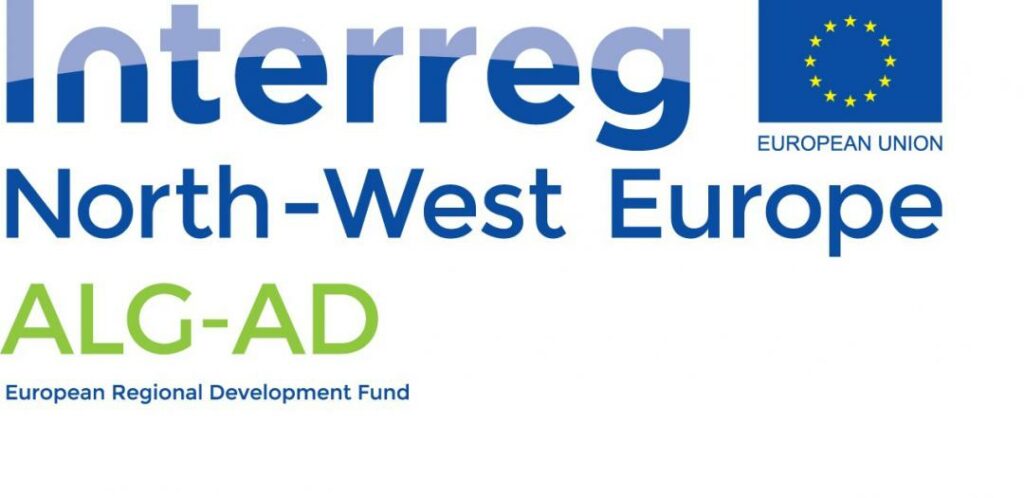
The ALG-AD project, like most across Europe, has been forced to shut down the majority of our facilities – and so, for now, much of our biomass production and lab work has stopped. […]
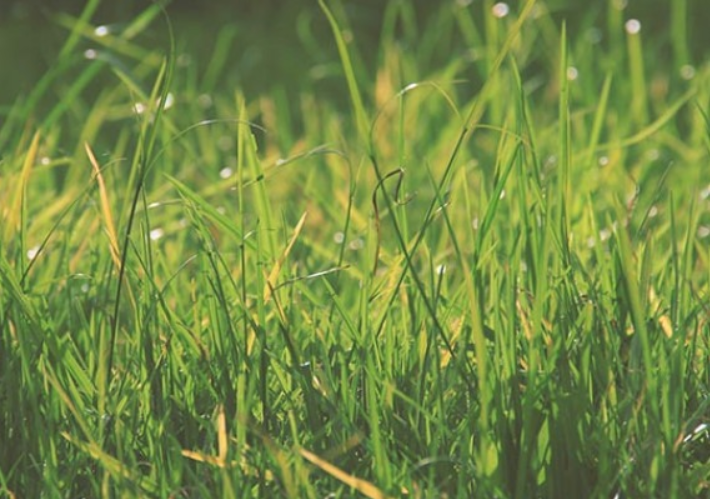
Biogas production from grass is possible, but it suffers from several technical hurdles like litter and sand content, floating layers and fibers getting caught in the digester’s impellers. Therefore, the GRASSIFICATION project is proposing a low-cost, bulk cell for biogas production from roadside grass clippings. […]
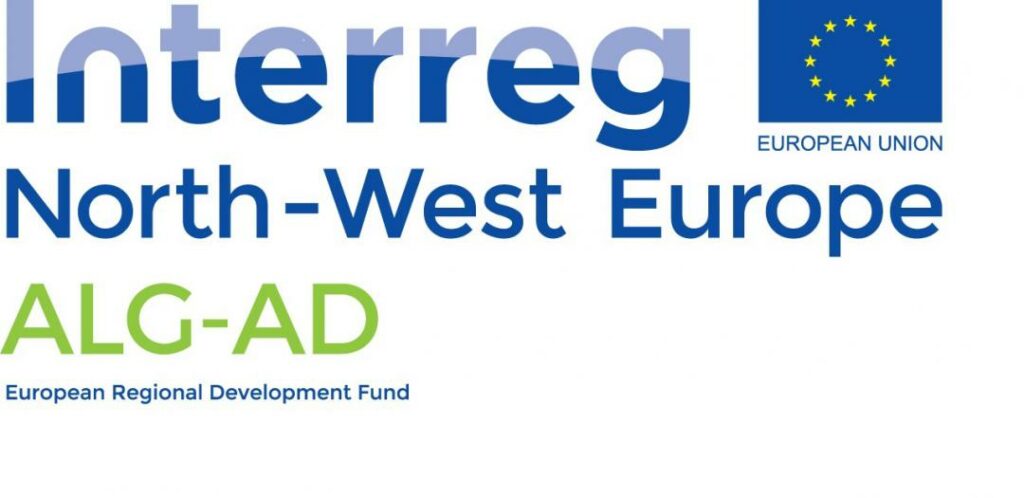
Colleagues from Belgium and France travelled to South Wales at the start of the New Year for an open day and workshop at the ALG-AD facilities in Swansea University. […]